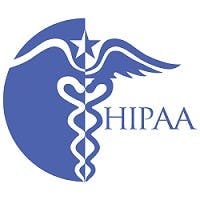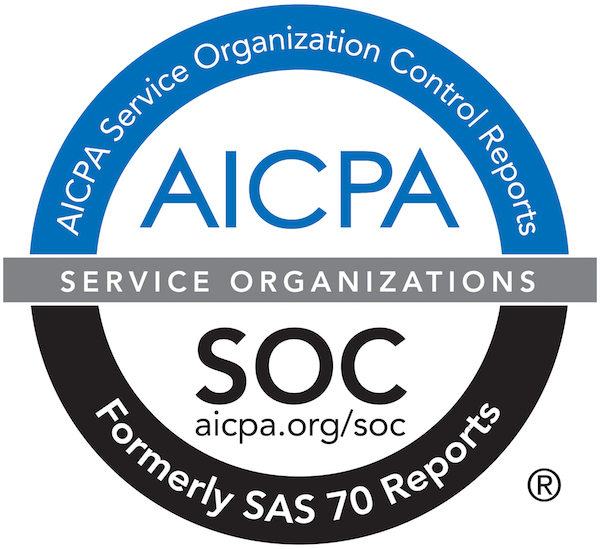
← Back to Trust CenterHIPAA
For organizations in healthcare and related fields subject to the requirements of the Health Insurance Portability and Accountability Act of 1996 (HIPAA), MongoDB Cloud is HIPAA-ready and enables covered entities and their business associates to use a secure cloud database environment to process, maintain, and store protected health information (PHI).
View HIPAA compliance documentation in MongoDB’s Customer Trust Portal.
FAQ
What is HIPAA?
HIPAA is United States legislation that provides data privacy and security provisions for safeguarding medical information. Specifically, HIPAA requires compliance with the following:
- Privacy Rule: National standards to protect individuals’ electronic personal health information that is created, received, used, or maintained by a covered entity.
- Security Rule: National standards to protect individuals’ medical records and other personal health information and applies to health plans, health care clearinghouses, and those healthcare providers that conduct certain healthcare transactions electronically.
- Breach Notification Rule: Requires HIPAA covered entities and their business associates to provide notification following a breach of unsecured protected health information.
Who does HIPAA apply to?
What is a Business Associate Addendum (BAA)?
Can my organization enter into a BAA with MongoDB?
Which services does a signed BAA with MongoDB cover?
Does having a BAA with MongoDB ensure my compliance with HIPAA?
Is MongoDB Cloud HIPAA certified?
Has MongoDB Cloud been examined for HIPAA compliance?
Yes. MongoDB has undertaken an Independent Practitioner's Report assessing its compliance with requirements of the Health Insurance Portability and Accountability Act ("HIPAA") Security Standards for the Protection of Electronic Protected Health Information ("HIPAA Security Rule"), and the Notification in the Case of Breach of Unsecured Protected Health Information enacted as part of the American Recovery and Reinvestment Act of 2009 ("HITECH Breach Notification Requirements").
The report finds that MongoDB's description of its information security program "fairly presents the information security program supporting MongoDB Cloud that was provided to user entities, as of September 30, 2020", and "the information security program conformed to the applicable implementation specifications within the HIPAA Security Rule and the HITECH Breach Notification Requirements, as described in Part 164 of CFR 45, as of September 30, 2020."
Who performed the examination of MongoDB Cloud?
Is a copy of the Independent Practitioner's Report available?
Yes, a copy of the report is available to organizations that have completed an NDA with MongoDB. Existing customers can request documentation here. Prospective customers, please contact us.
This page is for informational purposes only, and MongoDB does not intend the information or recommendations presented here to constitute legal advice. Each customer is responsible for independently evaluating its own particular use of MongoDB's services as appropriate to support its legal and compliance obligations.


